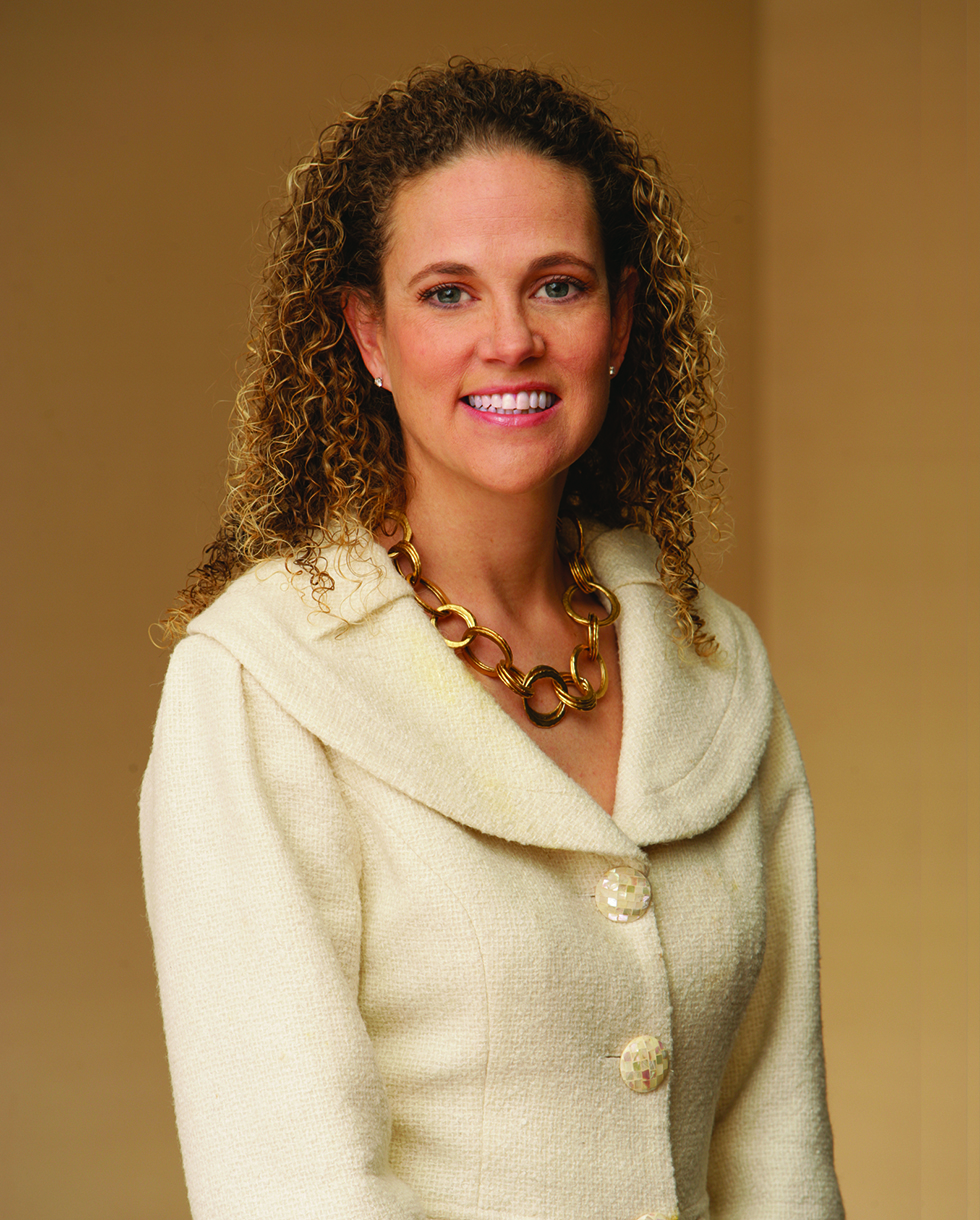At a time when only about 10 percent of Brown engineering students were female—versus roughly 44 percent today—Frances Bivens ’88 carved out a path for herself. Thirty years later, she is continuing in the same vein.
 “My interest in science and math came from my family. My maternal great-grandfather was a professor of genetics at Princeton, a well-known figure who made some early findings. Although I never met him, the stories about him inspired me. My mom’s family is filled with people with science- or math-oriented careers.
“My interest in science and math came from my family. My maternal great-grandfather was a professor of genetics at Princeton, a well-known figure who made some early findings. Although I never met him, the stories about him inspired me. My mom’s family is filled with people with science- or math-oriented careers.
“Of course, my dad—a Classics concentrator at Brown—also influenced me. We lived in Providence and I grew up playing on campus and hearing stories about his time in college. I was also drawn to Brown’s emphasis on inclusion—its diversity and creativity—and on allowing students to forge their own paths.
“I loved both the Brown experience and the engineering program, which I found interesting and intellectually challenging. Like many people, I made great friends and enjoyed being part of the Brown community. I always loved math, and electrical engineering is a very math-intensive discipline, which is why I chose it. Extensive computer programing in high school probably influenced my choice as well.
“Back then, all but one of the engineering professors were male. I still work in a world that is more male than female, but I’ve never felt intimidated by it. I think am, by nature, a bit fearless. When I was in school, there was a belief among at least some of the men that women often dropped out of engineering because they couldn’t hack it. And while I wasn’t 100 percent sure I wanted to be an engineer, I was very certain that I wanted to graduate with that degree, in part just to make a point. That sole female professor was a powerful role model. Just the fact that she was there holding her own among the men meant the world to the female engineering students.
“Some Brown graduates use their engineering degrees in traditional ways, but many are creative in how their careers unfold. I chose law school as a means of broadening my educational experience. Law school gave me the opportunity to focus on research and writing as well as oral advocacy, all of which are very different from engineering. As it turns out, I use my engineering degree extensively in my legal practice. I am first and foremost a commercial litigator, but most of my cases have either a technical or financial aspect to them, for which my engineering background is helpful. Perhaps even more importantly, engineers are problem solvers and so are good lawyers.
“I’m happy to see that Brown engineering is thriving and am excited about the facilities upgrades. I give to the School of Engineering in part because I want to support women participating in engineering as a discipline—Brown has done an enormous amount to encourage women in the field. I’m also just grateful for my time at Brown and what I learned there.
“In terms of the Annual Fund, I earmarked my donation to the entrepreneurship program. It impressed me as a great way of marrying engineering with all of the other excellent disciplines at Brown and creating an opportunity for them to come together—something that Brown does so well.
“Many of us had life-changing experiences at Brown, so to be able to pay that forward is very rewarding. We who have benefited so much can gain a lot by giving back. I encourage everyone to find their own way of getting involved with Brown.”